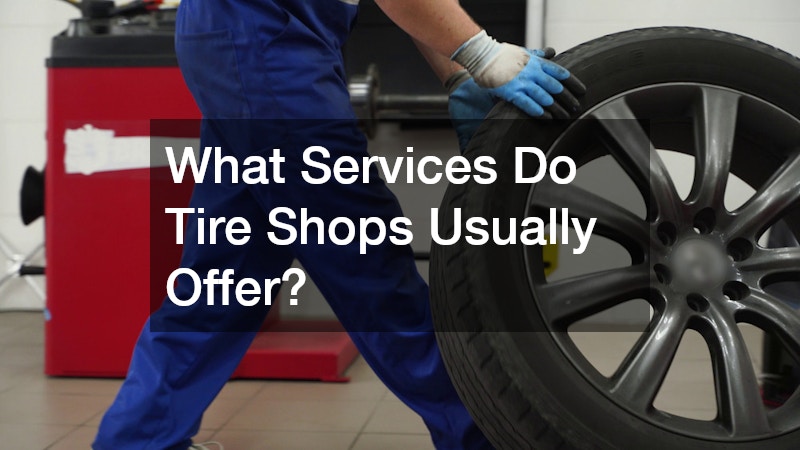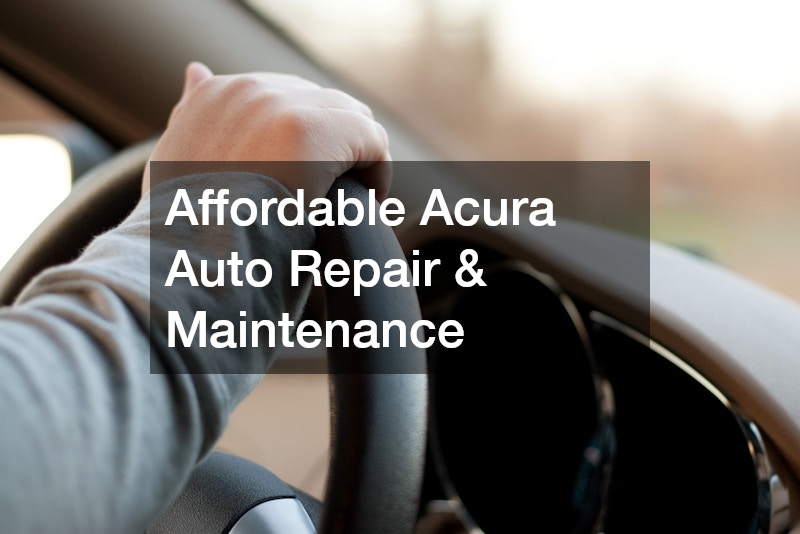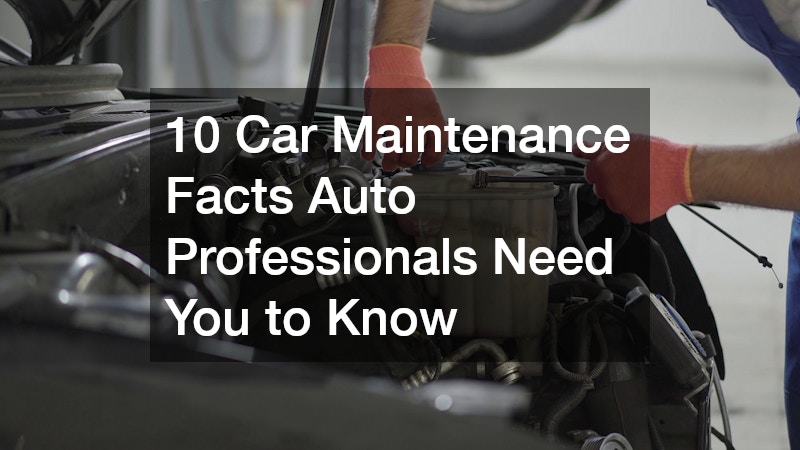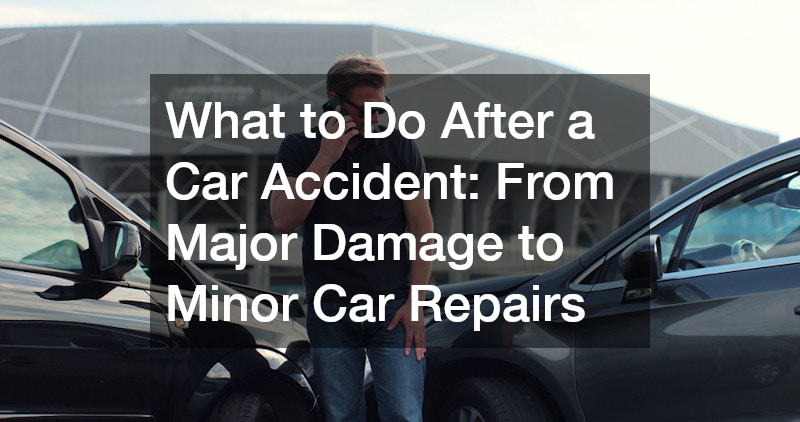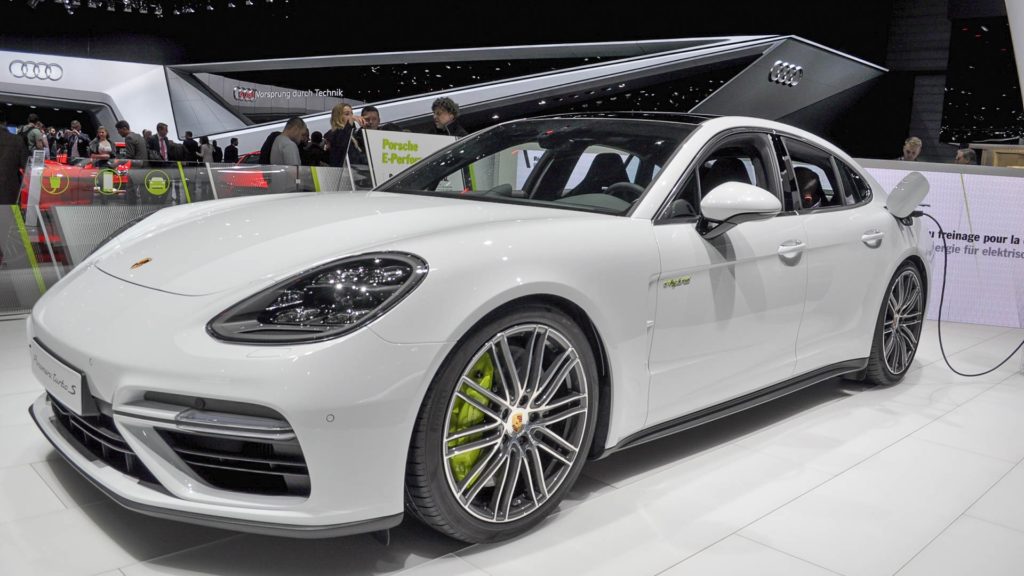 One of the top selling and most prestigious luxury car brands out there, Porsche has consistently produced high-performance sports cars and SUV’s. However, they do come with their own problems.
One of the top selling and most prestigious luxury car brands out there, Porsche has consistently produced high-performance sports cars and SUV’s. However, they do come with their own problems.
Are Porsche’s Expensive to Fix?
No, at least, relative to other luxury cars and the kind of repairs you’ll need. Of course, the cost of repairing a Porsche depends entirely on what needs to be repaired and whether or not you’ve maintained your car properly. The less love and care you’ve given your Porsche, the more expensive it’s going to be to get it fixed.
Proper Porsche maintenance goes a long way towards avoiding pricey fixes; that being said, sometimes breakdowns do occur, and while the Porsche is a masterpiece of German engineering, they come with their own common problems.
Most Popular Porsche Models
Despite some common issues, Porsche is still one of the most popular luxury brands out there, not just because of style and performance, but also because of reliability, with the Porsche Macan scoring a perfect Reliability Score in 2019. Here are some of the most popular Porsche models out there:
Macan
The Macan is the most popular Porsche around the world, with more than 86,000 units sold worldwide back in 2018 alone. If the Cayenne was Porsche’s (successful) attempt at producing a high-quality compact SUV, then the Macan was Porsche perfecting the compact SUV form: extremely smooth and highly responsive handling, off-road capabilities with a luxury shell, and of course, a high-performance Porsche engine under the hood.
As mentioned above, the Macan also boasts a perfect Reliability Index Score, which means you’ll probably bring this car to the shop a little less often than other cars. This should save you on repair costs, but again, follow your car’s maintenance schedule to maximize your Macan’s lifespan.
Cayenne
The second most popular Porsche in the world, you could say that the Porsche Cayenne single-handedly turned Porsche’s fortunes back in 2002 when it was first released. Prior to its launch, Porsche had been playing around with the idea of creating an SUV, a huge departure from its sports car lineup. Many people doubted that they could, and with the Cayenne, Porsche proved many people wrong. In fact, were it not for the Macan (which is an offshoot of the Cayenne), the Cayenne would be the highest selling Porsche model out there.
The Cayenne is currently on its 3rd generation, with the latest base model boasting a 3.0 liter turbocharged V6, while its more powerful sibling, the Cayenne Turbo, comes with a massive 4.0 liter twin turbo V8. It also ranks pretty high in the European New Car Assessment Program’s safety program, with a 95% safety mark for adult occupants.
Panamera
With the Panamera’s 330HP V6, it’s a pretty powerful machine right out of the box, and that’s just the base model; the Panamera S E-Hybrid has a monstrous 680 horsepower plug-in Hybrid engine. All that power is also backed up by superior handling and a constantly smooth ride quality. The Panamera is the perfect mix of performance and luxury, with sleek styling and luxurious interiors that seat 4. It comes in 3 styles: the 4-door base model, the Sport Turismo, and the Executive. The Panamera delivers high-quality rides with its adaptive suspension technology, which allows drivers to move the car in the most agile and comfortable way possible.
Common Porsche Problems
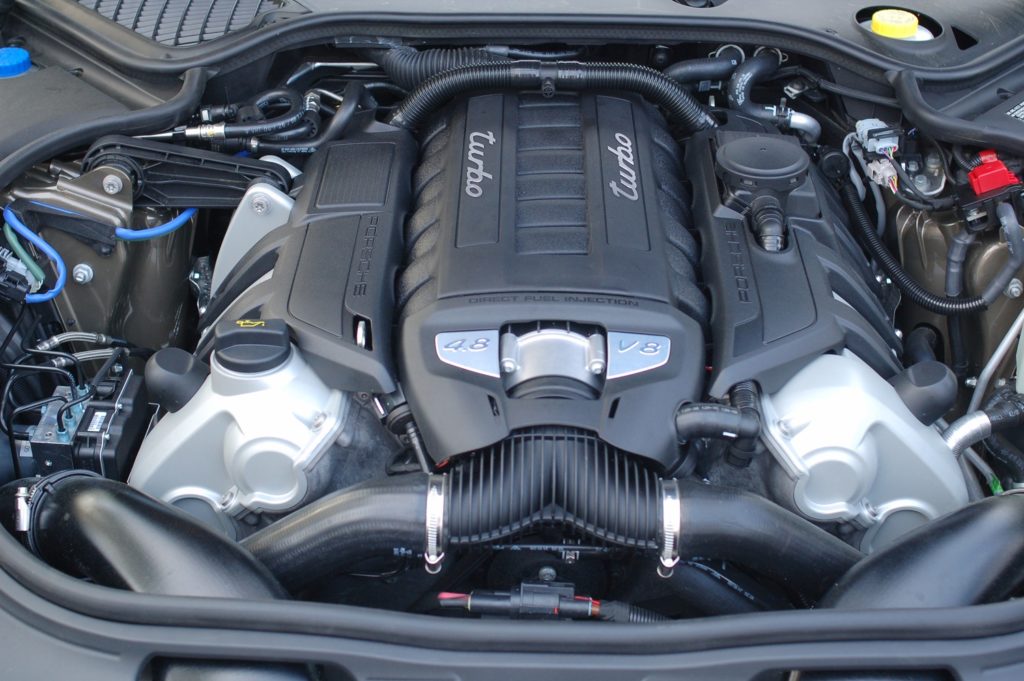 Sleek, sexy, and stylish, Porsche cars have been the epitome of car engineering and design ever since the Type 64 in 1939. However, just like most machines, the Porsche does break down, and while it still at the peak of automotive brilliance, Porsche cars more often than not encounter very specific problems that occur across a lot of their models. Again, proper care and maintenance will greatly reduce the risk of breakdowns and the need for repairs, but sometimes, these things just happen, and strangely enough, these specific problems almost always happen with a majority of Porsche’s cars:
Sleek, sexy, and stylish, Porsche cars have been the epitome of car engineering and design ever since the Type 64 in 1939. However, just like most machines, the Porsche does break down, and while it still at the peak of automotive brilliance, Porsche cars more often than not encounter very specific problems that occur across a lot of their models. Again, proper care and maintenance will greatly reduce the risk of breakdowns and the need for repairs, but sometimes, these things just happen, and strangely enough, these specific problems almost always happen with a majority of Porsche’s cars:
Clutch Issues
Porsche cars have a reputation for having clunky, heavy, and difficult to manage clutch pedals thanks to a flaw in their pressure accumulator. The pressure accumulator ensures that gear changes remain as smooth as possible by recycling pressure into the clutch. However, in most Porsche vehicles, the pressure accumulator releases the pressure back into the transmission system instead. This can be fixed with after-market products or an OEM model, but this shouldn’t have to be a problem in the first place, and is something that Porsche really needs to fix, especially if they’re going to be rolling out sports cars like the 911 that are designed to go really fast; no one wants a clunky clutch when they’re barreling down at 150 miles an hour.
Flat Batteries
Porsche cars are high-performing vehicles designed to be driven at maximum speed, especially their sporty models like the Boxster or the 911. They’re not what you would call practical cars, which means that you’ll rarely see someone driving their Cayman GTS to and from work on a daily basis. This means that a lot of Porsche’s (even their SUV’s) don’t get driven around as often as they should, which means their batteries tend to go flat more often than non-Porsche cars. It’s a common problem for Porsche’s that are only driven around once or twice a week, and while a simple battery maintainer can be an easy fix, it’s still not a problem you’d expect from such a high-performing vehicle.
Leaky Pipes
Specifically, water and oil leaks are somewhat a common problem amongst Porsche cars, and it’s due to the breakdown of the rear main seal in the transmission. While normally a quick patch job on other vehicles, because Porsche cars are built so precisely, a repair on one part could mean replacing the entire transmission system of your vehicle. Again, regular maintenance should catch this problem early, but when it breaks down and you’re not there to catch it, it could burn a hole through your wallet. You could DIY a cracked rear main seal, although it’s always best to have experts do that for you.

